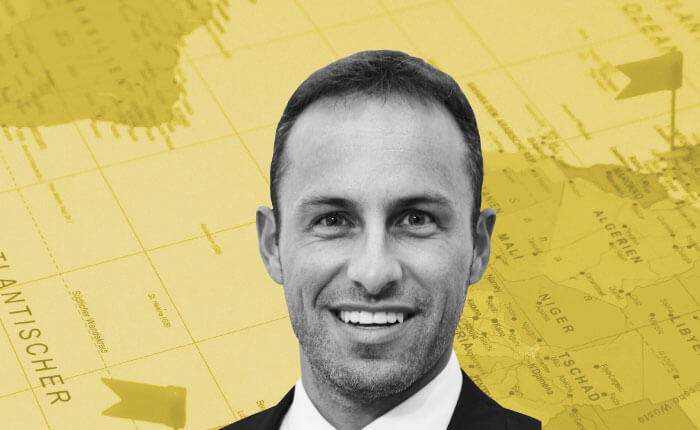
Tell us more about the challenges of the Amazon…
Unlike other locations around the world, Brazil does have a public healthcare system; the problem for the Amazon riverside settlements is the sheer distance from the nearest city with proper ophthalmic care (12–13 hours away) as well as difficulties in organizing transport. The doctors who work in these remote locations are not specialized in eye care, and patients are often not very well educated; they may not realize why their sight is deteriorating. The project’s organizers try to get to the least accessible villages and towns at least once a year.
There are farmers who live in the riverside villages, towns and cities, who must support whole families, even though they lost their sight several years ago. There are multiple projects working on bringing eye care to these remote populations, and often the only way to reach them is by boat. We packed the boats full of equipment: all the latest generation phacoemulsification equipment, IOLs, and anything else we need to create the right environment to perform surgery and offer proper care.
What are the most prevalent diseases?
Cataracts are a huge problem, including congenital cataracts. Some patients have cataracts in both eyes, often with ocular surface diseases. They may wait for up to ten years for surgery. As this is a reversible condition, we tend to focus our time and effort on this. The project I worked on, the Amazonian Project, was designed approximately 30 years ago by Professor Jacob Cohen supported by the Piedade Cohen Foundation. Similarly, Professor Rubens Belfort Junior and Professor Walton Nose, through partnerships with the Institute of Vision and the Federal University of Sao Paulo, were instrumental in the success of the more than 15,000 surgical procedures already performed.
As cases are usually very advanced, and some are quite complicated, it is usually experienced surgeons who get invited to join the project. Unfortunately, there aren’t many opportunities to train doctors while we are there, but we do get through a very high number of surgeries with very low complication rates. We mostly use the same equipment as in our day-to-day practice, but occasionally surgeons have to use the extra-capsular technique or fixate the IOL if the patient is aphakic. We rely on donations as well as working with several industry partners to deliver the best possible practice – from screening and biometry, to performing surgery. Ophthalmologists who take part in these projects are volunteers, but the reward of watching people recognize the faces of their loved ones for the first time in years is so worth the time and effort we put in.
Another condition that produces severe visual impairment in remote locations is corneal infection. Whereas in developed countries it tends to be caused by a failure to extended wear of soft contact lenses, in remote locations minor traumas to the cornea, not taken care in a timely manner, may be responsible for visual impairment. The diagnostic dilemma, especially when identification of the underlying pathogen is not feasible, also makes the choice of an appropriate therapy difficult. Our group from Zurich are currently looking into developing the best practices for treating infectious keratitis in the most remote settings.
